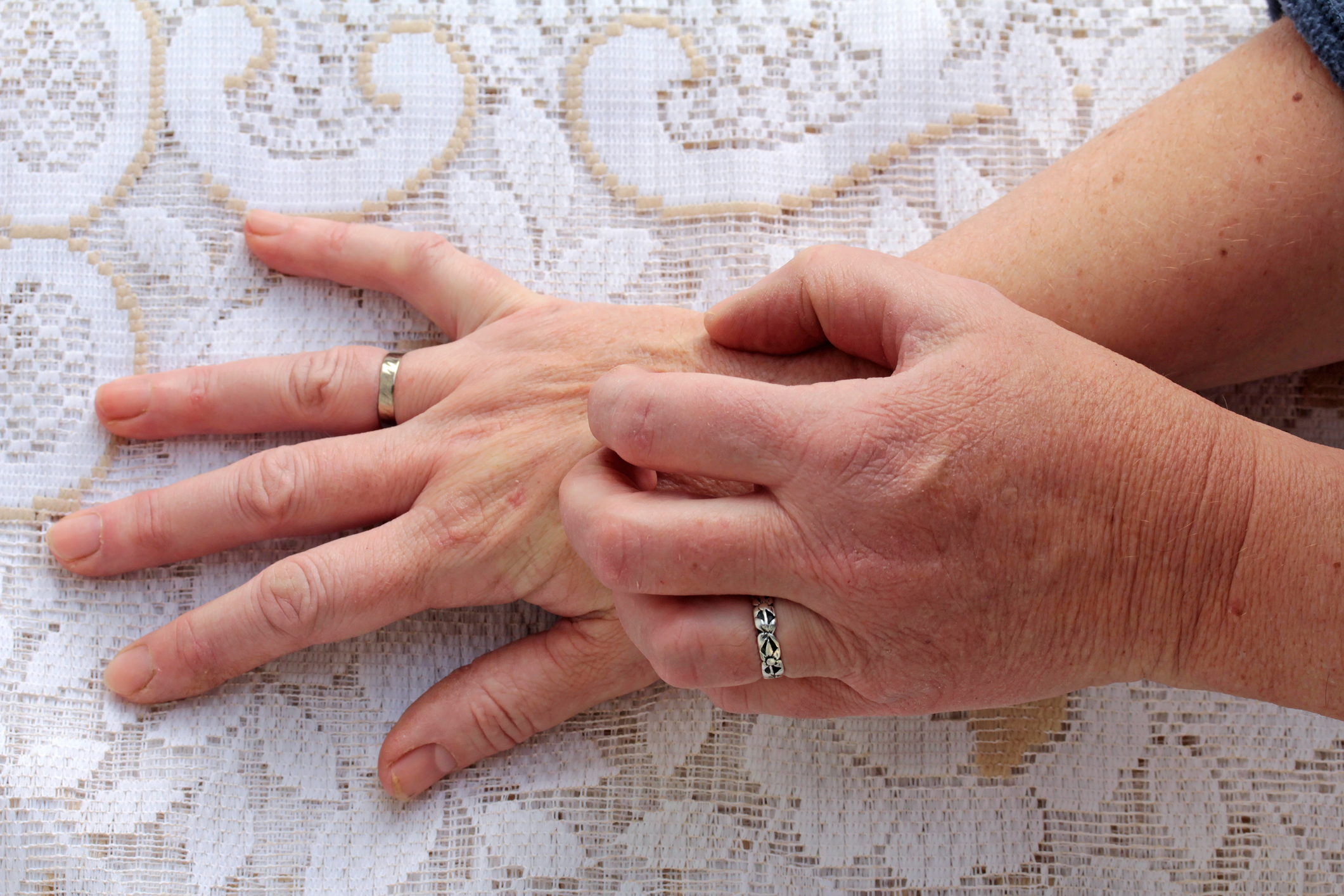Spring can be an itch-provoking season with so many insects and plants emerging that can irritate the skin but you may not have known that something as simple as a touch can also cause severe itching and it’s more common as we age. If you have discovered you can no longer tolerate wearing wool next to the skin or other scratchy fabrics you are not alone, and people with dry skin can find this type of itchiness even more problematic.
According to a recent study in the journal Science, a touch can cause severe itching as a result of declining touch receptor (Merkel) cells that help control the itch response. In studies on mice, the number of Merkels decreased as they aged. However, mice who’s Merkel cells were activated with a chemical compound were less likely to scratch when triggered with a hairlike nylon device.
Although at present there is no medication to treat itching caused by touch, with more study into the cells that play a role in the itch response researchers hope to find a therapy that can help patients who suffer from severe, troublesome itching. In the meantime, older adults can help control itching, a common complaint among seniors, by taking some simple steps to counteract the decrease in oil and collagen production associated with aging. Older skin is also more susceptible to dry environments and irritants like soaps, fragrance and some fabrics.
Self Care for Itchy Skin
- Use an emollient after bathing to seal in moisture; look for one with a low pH
- Try a fragrance-free moisturizing soap
- Keep fingernails trimmed short, to avoid damaging skin further
- Wear light-weight loose clothing, avoid wool
- Use a humidifier in the winter and keep home temperature comfortable with a/c in summer
- Avoid very hot water when bathing
- Try a cool bath to relieve itching
Source: Today’s Geriatric Medicine
Be sure to see your doctor or dermatologist if itching lasts more that two weeks with self care, comes on suddenly without explanation, affects your whole body, is severe and interrupts daily activities or sleep or is accompanied by other symptoms such as fatigue, weight loss, fever, redness of the skin or changes in urinary frequency or bowel habits. Itchy skin can be a symptom of an underlying illness.






Add Your Voice
0 Comments
Join the Discussion